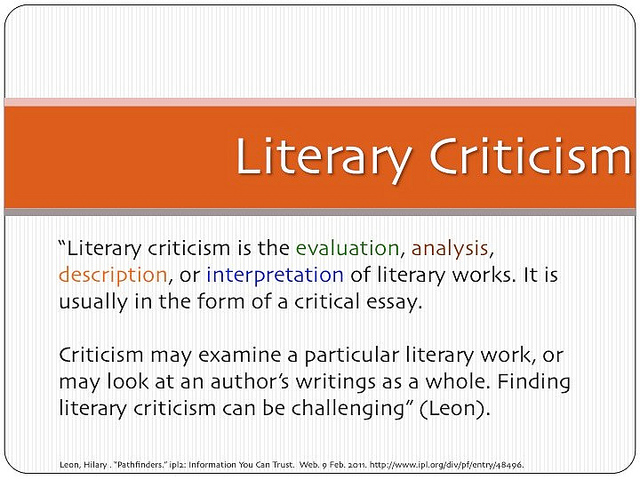WANG WEI: Literary criticism should also examine ideas, spirit of works

Nowadays, people are losing interest in literary criticism and some argue that it has little value for promoting literary development.
Literary criticism reflects the changing times. The rise of visual media has altered the way people receive information. Moreover, in this era, new machinery allows cultural products to be created on a mass scale. All types of cultural products have lost their exalted position, and literary critics are no longer the only arbiters of what constitutes great literature.
In addition, criticism from media is becoming more commercialized and market oriented, which in turn impedes the development of literary criticism. Literary works are also consumer goods. To attract readers, some publishers endeavor to create marketable literary stars while authors focus on subjects favored by the market. This kind of literary criticism is essentially a supplement to marketing, which only has one goal: profit.
The truth only becomes obvious through discussion. Literary works can get better only if there is true criticism. This spirit is what we should advocate in literary criticism. The duty here finally rests on critics. In this way, they are responsible for the future of literary criticism. They should try to find defects while seeking beauty. Today, the former task is even more important and urgent.
Literary criticism should carry forward the spirit of argument and swim against the tide. While some media are pleased to be merely immersed into the trend of entertainment and amusement, literary critics should first understand and find the causes for this phenomenon and then point out what is missing. They should especially consider the vision of current literary works as well as their level of thinking and find out why these works are detached from both history and reality.
Literary critics should not overlook the defects and shallow thinking in literary works even if these works are successful in the market. In other words, critics should not base their judgement on market performance. They should ask: Are those popular works really good for readers? Why do literary works tend to be shallow?
Hence, critics should not only appreciate the artistic charm of literary works but also examine the ideas and spiritual connotations embodied in them, such as whether they can contribute to advancing literacy and spiritual level of the whole nation and fostering a positive value system.
Moreover, criticism inherently involves three levels of dialogue: between critics and texts, between criticism methods and viewpoints produced, and between critics themselves. Literary criticism is naturally based on one’s former reading experiences but one critic will improve, correct or even revise his or her former opinions as times change. Dialogue means that a literary work’s value is not permanently fixed. Often a literary work’s status changes through time, which requires writers to have the capacity to accept and listen to criticism if it is based in fact.
Wang Wei is from the Institute of Literature at the Fujian Academy of Social Sciences.
